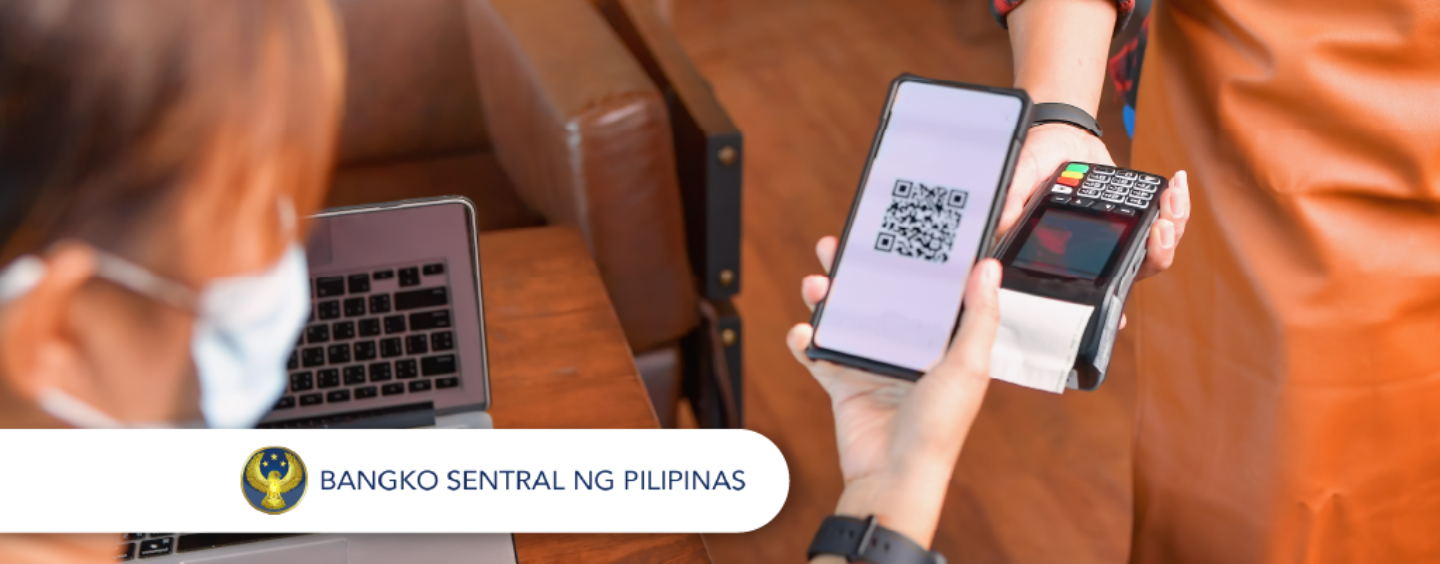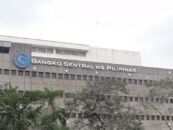The Bangko Sentral ng Pilipinas (BSP) has given all BSP-supervised financial institutions (BSFIs) until 1 July 2023 to fully adopt the National QR Code Standard (QR Ph).
The guidelines were issued via a memorandum that provides for the transition of non-QR Ph codes for electronic payments services to the QR Ph standard before the deadline.
Payment service providers (PSPs), including those participating in the InstaPay automated clearing house, are required to submit the status of their compliance with the QR Ph standard within 30 days from the date of the memorandum.
Following that, non-QR Ph codes or proprietary QR codes shall be disabled and shall no longer be available to the public.
Additionally, PSPs will also need to provide appropriate product training and guidance on the features of QR Ph to their employees, including store cashiers and managers.
The Philippine Payments Management, which is the payment system management body accredited by the BSP, was the one who had developed the QR Ph.
The national QR code standard aims to transform the fragmented QR-driven payment services into interoperable payment solutions, eliminating the need for merchants and customers to maintain several accounts and display numerous QR codes.

Felipe M. Medalla
“With the active development of the industry in this space, it is timely for the BSP to ensure that QR-enabled payments are supported through the interoperable QR Ph standard. This way, PSPs and their clients would be able to fully realise the benefits brought by the convenience, speed, and ease of using QR Ph,”
said Governor Felipe M. Medalla.
Mamerto E. Tangonan
“The QR Ph standard is currently being adopted for two high-impact use cases in the country, namely person-to-person and person-to-merchant payments. These transactions form the bulk of the average total retail payments made by Filipinos in a month. Standardising QR codes enhances customer and merchant experience, leading to greater usage of digital payments,”
Deputy Governor Mamerto E. Tangonan added.










